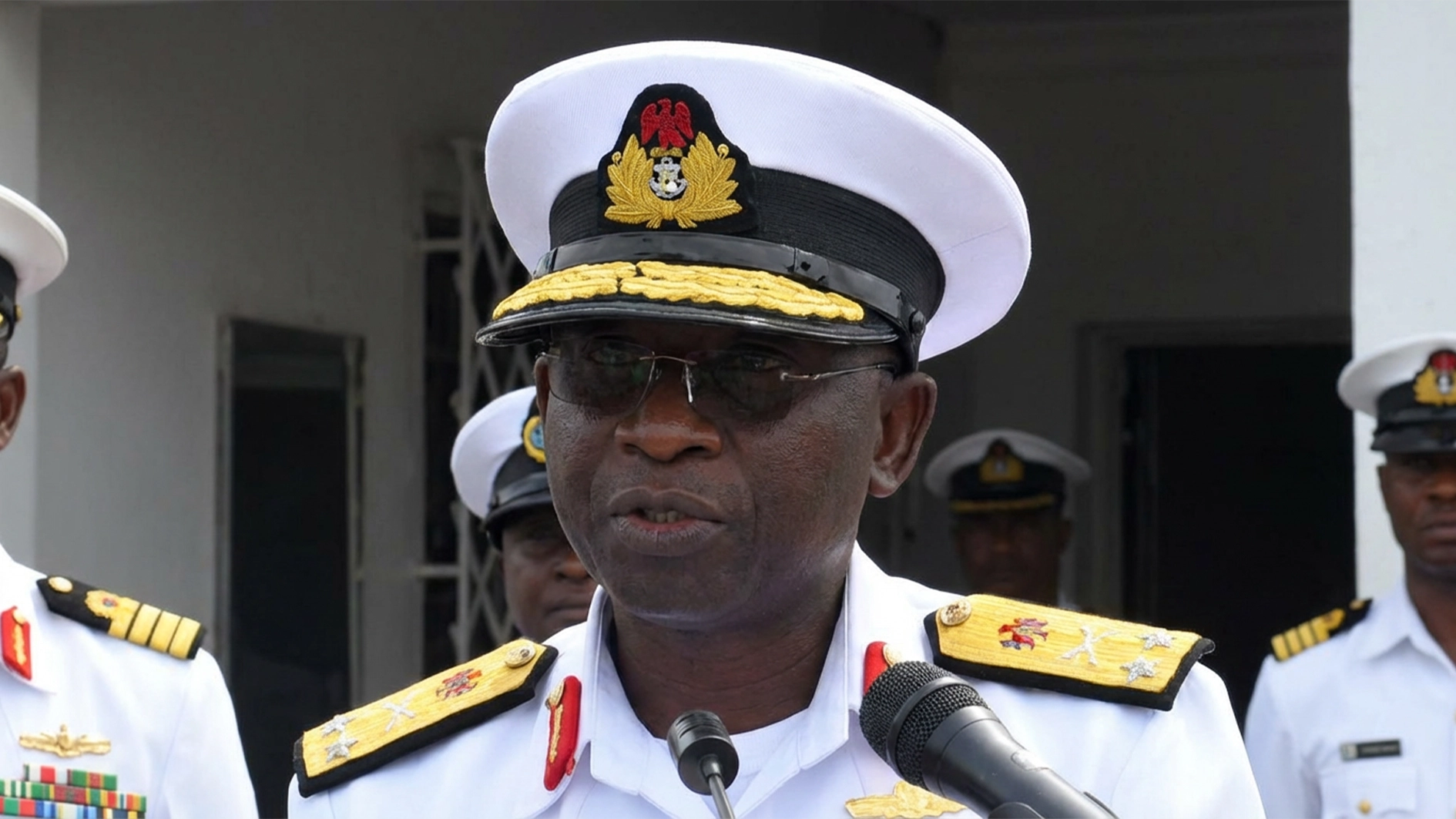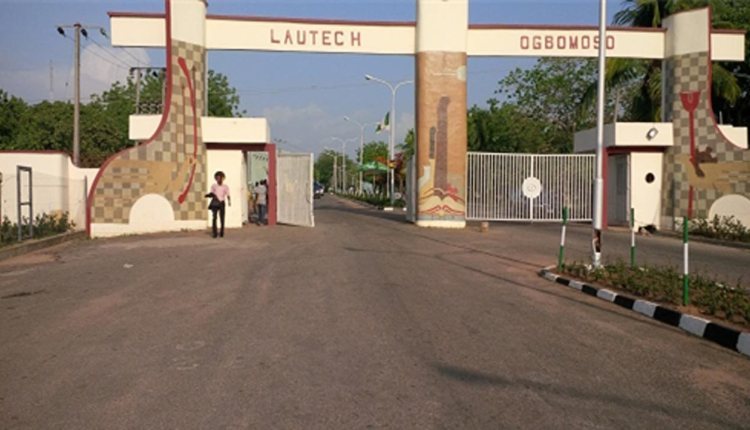Oge Onubogu, a senior programme officer for Africa Programmes at the United States Institute of Peace (USIP), has appealed to President Bola Tinubu to appoint a Nigerian ambassador to the U.S. to improve international engagements and manage narratives about the country’s security realities.
Speaking during the U.S. Congress deliberations on Nigeria as a Country of Particular Concern (CPC), which was monitored on Channels Television, Onubogu said it was important to appoint a Nigerian ambassador to the U.S. to improve international engagements and manage narratives about its security realities.
According to her, “It is critical for President Tinubu to appoint a capable Nigerian ambassador to the U.S., as also recommended in my testimonies in March.”
She also recommended that the Nigerian government make accountability, both of perpetrators and of the authorities, central to its response. “Nigerian citizens need justice, as criminality in the Middle Belt has increased due to impunity.
“The narrative of genocide has gained traction because years of mass killings without accountability have left many faith communities abandoned.”
She further recommended that the Nigerian government must get serious about police reforms. Said she: “Nigeria’s single federal police force struggles to address the country’s complex security challenges. Tinubu’s administration needs to accelerate initiatives to improve citizens’ security, including the recruitment of the 30,000 new police personnel he approved in June.”
She noted that the military in Nigeria is overstretched. “Many of them are handling duties that should be handled by the police, and it is essential to think about how the country reassigns its police officers who are currently providing personal security to wealthy elites to focus more on serious crimes,” she said.
Harping on the need to coordinate federal and state actions and messaging, Onubogu said effective coordination is desperately needed among Nigeria’s federal and state governments, and that it is often undermined by finger-pointing, which must stop.
Urging the government to solidify the electoral system, she said: “Finally, for the Nigerian government, it is important to start laying the groundwork for peaceful elections in 2027.
“Nigeria must address the use of religion as a trigger for electoral violence. The new leadership of the election commission presents a chance to restore public trust in the electoral system, promote responsible political behaviour, and strengthen security and judicial processes.
“The violence in Nigeria has resulted in significant loss of lives; however, addressing the country’s complex security issues solely in religious terms and focusing on one group of victims is counterproductive.”
She called for a fresh approach between the Nigerian and U.S. governments, saying: “Nigeria must tackle its institutional weaknesses in security, justice, and conflict prevention to effectively end the violence and hold perpetrators accountable.
“The U.S. should be involved in open dialogue and cooperation, fostering a better understanding of Nigeria’s complexity.
“Both countries should leverage current diplomatic tensions to strengthen their bilateral relationship and collaboratively address the wider threats of jihadist violence in Nigeria and the surrounding West Africa and the Sahara region, as both nations have vital interests.”






